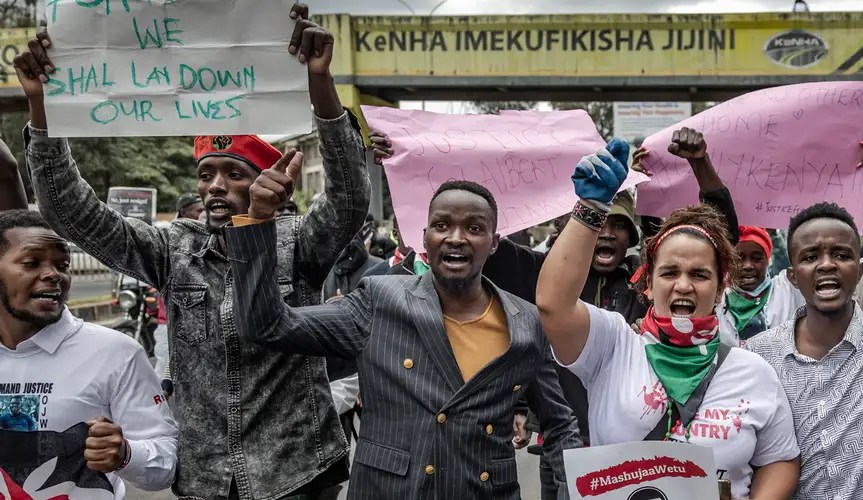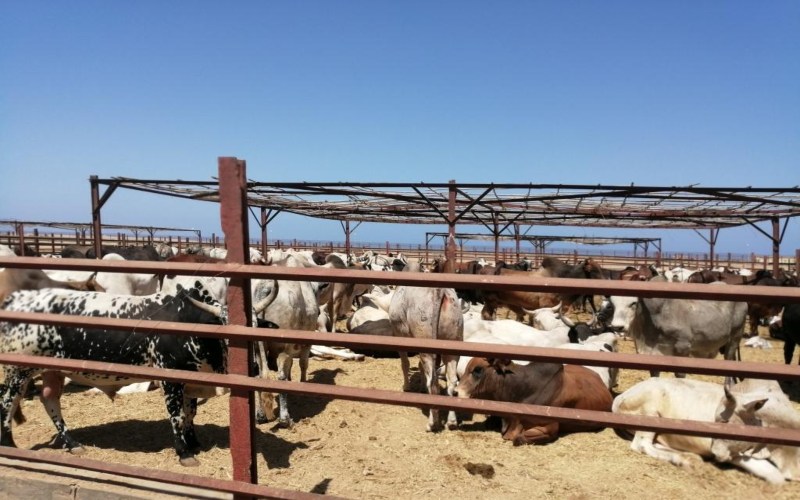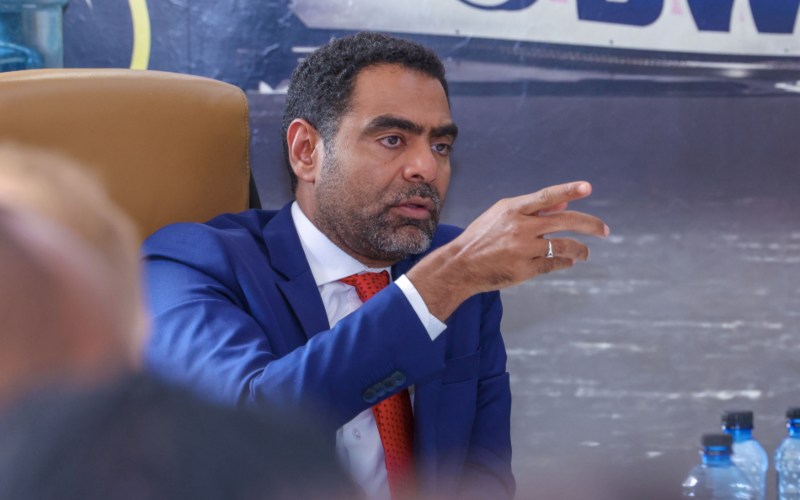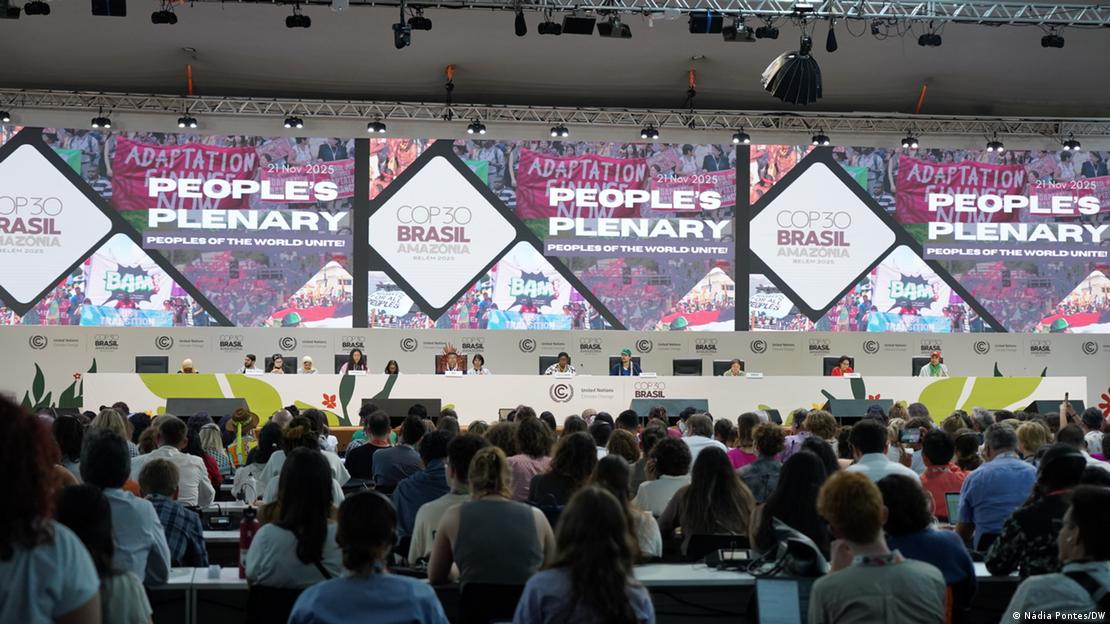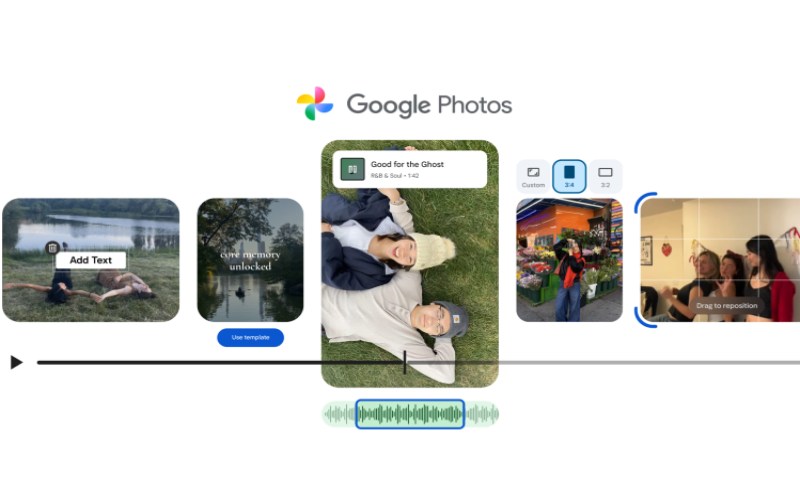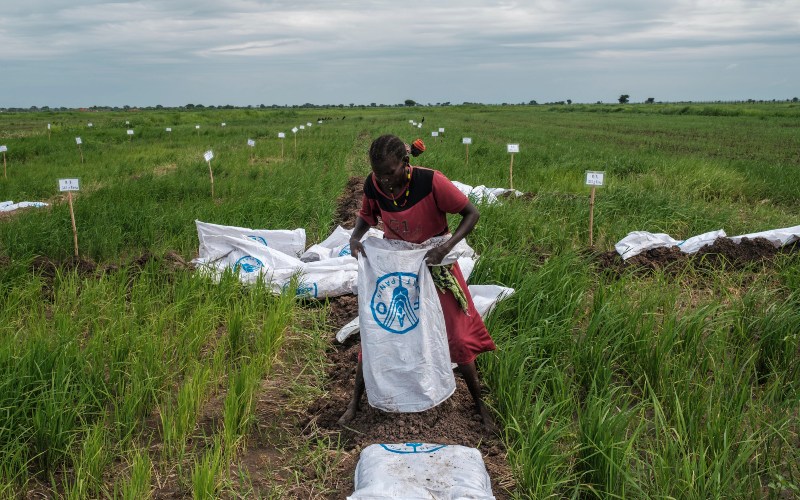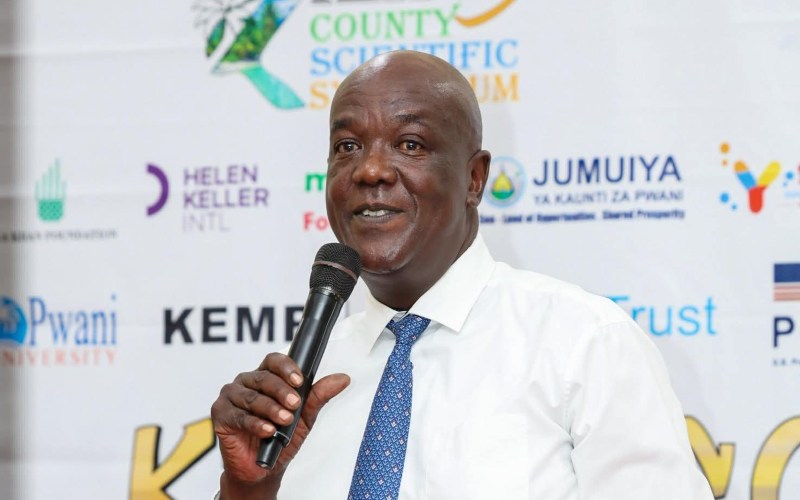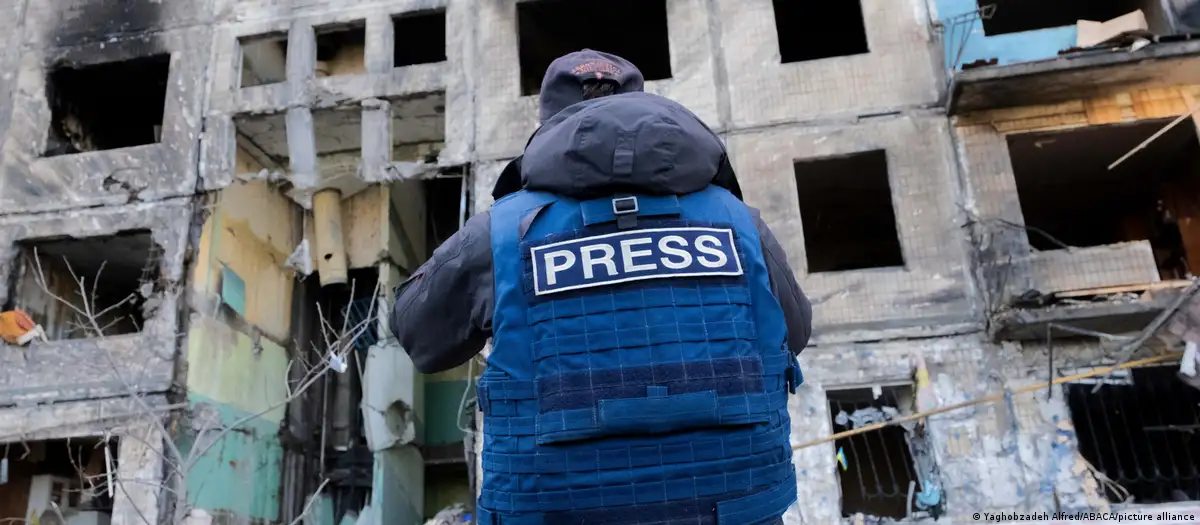Bureaucracy blocking access to information, Dagoretti residents say in push for transparency
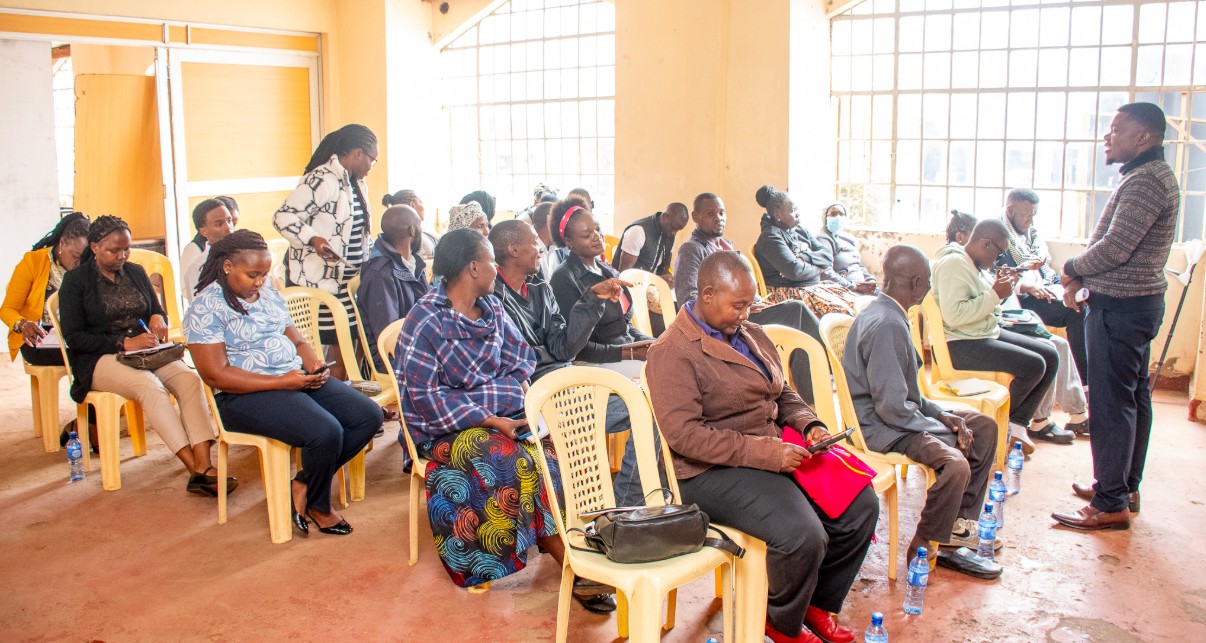
The law requires that the government publish and publicise important information affecting the nation as a standing constitutional obligation.
Bureaucratic hurdles in government offices are obstructing Kenyans’ right to access public information, Dagoretti residents said on Thursday, recounting challenges they faced while seeking responses from state officials.
This, the residents said, was one of the major reasons why their requests for information from various government offices have yet to be responded to, some months after the initial request.
More To Read
- Ombudsman’s office suspends CEO, two other senior officials amid gross misconduct allegations
- Ombudsman CEO Mercy Wambua suspended for 14 days over misconduct claims
- KMPDC orders hospital to release detained body, declares practice illegal
- Ombudsman and IPOA launch joint framework to address police conduct concerns
- Public information requests in counties routinely ignored, new report by Katiba Institute shows
- Whistleblowers to get stronger protection, rewards under new bill
The law requires that the government publish and publicise important information affecting the nation as a standing constitutional obligation. This should be done proactively and upon request.
In instances where a request is not honoured within 21 days, Kenyans have the liberty to seek assistance from the office of the Commission on Administrative Justice or the Ombudsman.
While the locals said a few of their requests were successful, the majority of the participants shared stories of bureaucracy, being turned to different offices and being frustrated by government officials in the offices they sought information from.
One such is the Riruta Stadium Stakeholders Forum, a group that has been seeking information on how a previous cemetery land for the community was repurposed into an estate, forcing the community to rely on cemeteries from other far-flung areas such as Waithaka and Lang'ata.
"We discovered this in a random conversation one day when we realised that the cemetery that used to serve the community when we were younger was no longer available, and we never used to travel far to bury loved ones. That is what prompted the request we sent to the Ministry of Lands," Mr John Ndung'u recalls.
At the ministry, he recalls them being referred to the office of an official who was on leave at the time, but who, upon return, asked them to show him the location of Riruta's cemetery for him to verify with official records.
"These are the people with the maps and records; they have the resources but choose to subject us to that. It didn't make sense," said Ndung'u.
Locally, attempts to follow up on the matter with local administration have also proven long and winding. The group said that every time they are about to make a breakthrough, the DCC is transferred.
Katiba Institute advised the group to seek assistance from the Ombudsman.
The group has also sought information on the legitimacy of the current officials of Riruta stadium, where locals have to pay any amount from Sh50 to access the public facility.
They feel the officials were not appointed in the right way, and the varying cost of access is an indication of financial impropriety.
In yet another matter, Ms Celine Achieng's search for information from a government office saw her referred to different offices, which posed an access challenge, especially to persons living with disabilities.
"The frequent movement was a challenge, and a lack of interpreters, too. This means PWDS are disadvantaged when asked to move from office to office to access information that should be readily available," she said.
On her part, Ms Salma Wambui Twalib said an attempt to find out the budgetary allocation given to two roads in her ward to establish why one had delayed has seen her suffer delays with claims of her request having gotten lost in some offices, at some point she was told to redraft her request to the proper format and still even after doing that, she is yet to get any breakthrough.
"At times, we feel like we are intimidated by those who do not want to reveal what's going on," she remarked.
The locals implored the government to lessen such bureaucracies and be more willing to assist, as most of the information they seek is not sensitive.
Katiba Institute taught them how to draft the requests, and with decorum, noting that patience was also key in getting the information they needed.
"However, after 21 days have lapsed, you can send a reminder to the office, but stick to the contents of the original request," the organisation urged them.
The session was part of Katiba Institute's efforts to promote good governance through citizens' access to information, government institutions' proactive disclosure of information and enhanced responsiveness to opportunities for engagement with government by community members.
This is to promote better responses by relevant institutions to violations of fundamental freedoms.
It is implementing the programme under a three-year project titled 'Empowering State Institutions and Citizens to Utilise Access to Information for the Promotion of Human Rights and Good Governance.'
Similar sessions have been held in Nairobi, Samburu and Nakuru counties.
Top Stories Today

